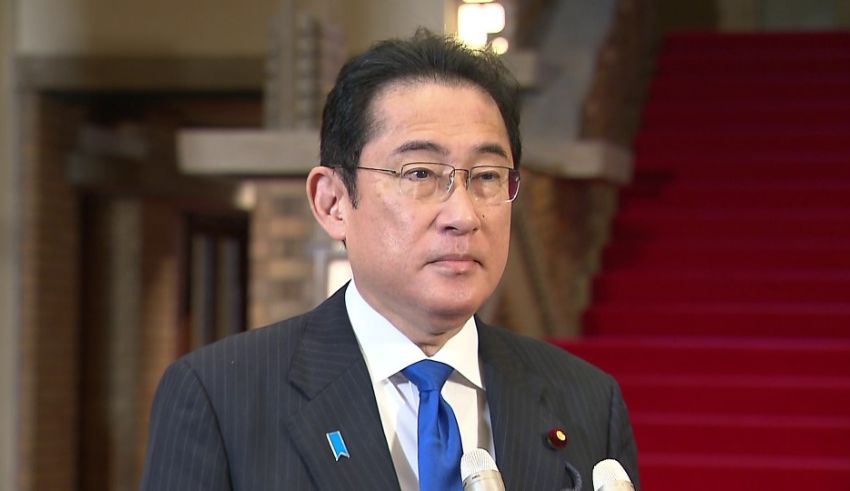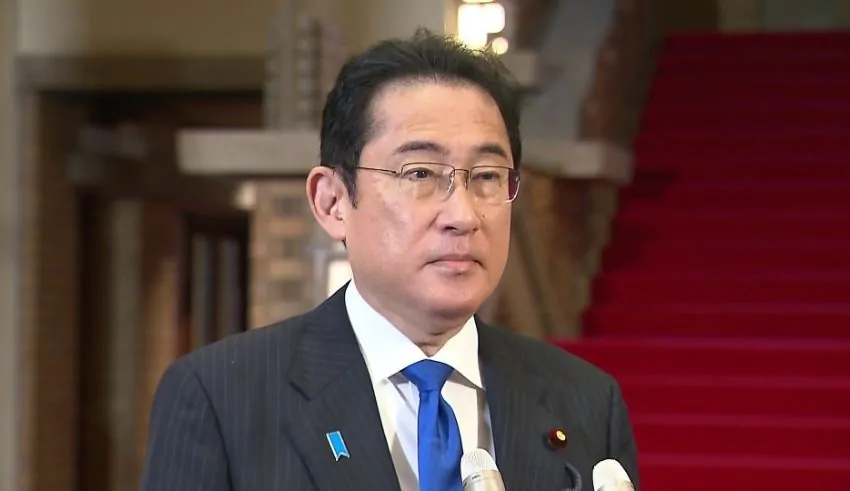

(C) Fumio Kishida
Unexpectedly, Japanese Prime Minister Fumio Kishida has declared he will be resigning from leading the Liberal Democratic Party (LDP) in September. With this choice, a three-year term marked by political disputes and economic challenges ends. Referring to unidentified top government officials, Japanese media—including public broadcaster NHK—reported Kishida’s choice not to run for re-election as LDP leader. An LDP official has not offered any comments on the subject.
Kishida’s leaving will create the conditions for a leadership fight inside the LDP, which will also decide the future prime minister of Japan, the fourth-largest nation in the world. Rising living expenses, increased geopolitical tensions, and the likelihood of Donald Trump returning to the U.S. presidency will all be difficult sets of issues inherited by the new leader.
Through his implementation of large stimulus policies, Kishida significantly helped Japan negotiate the COVID-19 epidemic. These steps were crucial in averting a major recession and steadying the economy in a time of world turmoil. Kishida, however, came under fire over his handling of the post-pandemic economic scene as the globe started to heal.
Kishida abandoned conventional trickle-down economic strategies emphasizing corporate profits in a clear change from past administrations. Rather, he presented policies meant to raise household incomes—including pay raises and support of share ownership. These laws were meant to lower economic inequalities and boost home consumption. In order to undo the aggressive monetary policies of the former governor, Kishida’s government also named professor Kazuo Ueda president of the Bank of Japan (BOJ). Unexpected interest rate increase by the BOJ in July caused market turbulence and a notable devaluation of the value of the yen.
Chief Japan desk strategist Shoki Omori of Mizuho Securities in Tokyo noted the possible ramifications of Kishida’s leaving. He said the incoming leader might take a more austere financial and monetary posture, which would affect risk assets—especially stocks. “Should the reporting be accurate, we should expect tighter policy or neutral but slightly tighter fiscal, monetary conditions depending on the candidate,” Omori said. “In essence, risk assets—especially stocks—will probably be most impacted.”
Geopolitical and Home Consequences
Kishida’s leaving coincides with a period of more geopolitical ambiguity in the area. North Korea’s nuclear program, China’s aggressive foreign policy, and tensions in the South China Sea provide difficulties for Japan. These geopolitical forces need cautious navigation to preserve regional stability and guarantee protection of Japan’s security interests. Domestically, Kishida’s approval ratings have dropped in response to growing expenses of living and public discontent with government management of these problems. The incoming chief will have to balance the needs of foreign policy and international diplomacy with attending to home issues.
Japan’s Future Path Forward
Finding a candidate qualified to handle these urgent issues while preserving stability in Japan’s political and economic scene will take front stage as the LDP gets ready to name a new leader. The successor will have to strike a compromise between the reality of a fast changing global scene and the obligations of home policy. This change offers the LDP a chance to review its policy agenda and plot a fresh direction for Japan’s future.
Conclusion
The choice of Prime Minister Fumio Kishida to resign marks a major change for the political and economic direction of Japan. The priority will be addressing growing costs, negotiating geopolitical issues, and adopting sensible economic policies as the country waits for the choice of a new leader. The course Japan will take in tackling these issues and maintaining its global economic powerhouse status will depend much on the next months. As Japan strives to build on its strengths and solve its shortcomings in a fast changing environment, this moment of transition presents opportunities as well as difficulties.
Indeed, it is, and it marks a milestone in medical research as it transpired that doctors in China successfully transplanted…
Many fans and industry professionals saw Prithviraj Sukumaran's L2 Empuraan movie release on Thursday as a mixed success that gained…
Filipina teenager Alexandra Eala, 19 year old girl has achieved one of the biggest milestones in WTA season by defeating…
After waiting for a solid six years, Marvel Studios has divulged its next Avengers movie—Avengers: Doomsday. And the cast is…
Through software update Nothing OS 3.1 the company improves functionality of Phone (3a) and Phone (3a) Pro models. Global service…
China's electric vehicle (EV) giant BYD has officially taken over the global EV market, with a whopping revenue of 777…
This website uses cookies.
Read More